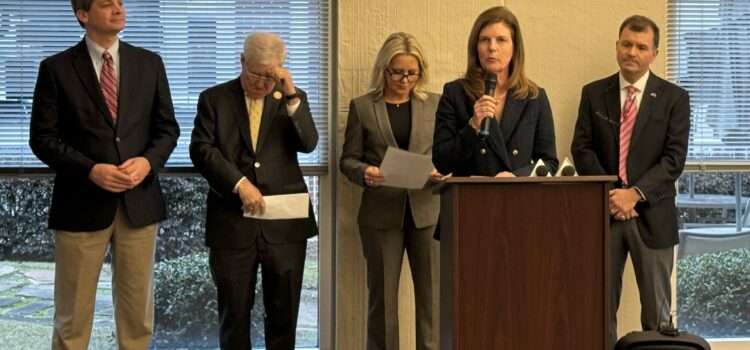By Aria Surka with WFXG News, originally posted 1/13/24
NORTH AUGUSTA, S.C. – In an effort to support North Augusta’s downtown revitalization and maximize the use of the Medac building, Augusta Oncology says it’s bringing a new multispecialty clinic to the former Medac building.
City and state leaders announced the second phase of the Beacon Bluff project.
North Augusta says this will bring 250 jobs and will be the most advanced radiation treatment facility in Georgia and South Carolina.
South Carolina Senator, Tom Young said “Our goal is for there to be timely affordable and accessible care for South Carolinians and Georgians in this region by doing that and it is a win win for consumers and patients in our view and as Governor McMaster said last year as he signed the legislation he said South Carolina is open for business.”
This center will provide chemotherapy and radiation, making it easier on patients to get all their treatments at one site.
Augusta oncology’s plan is to have a 30 thousand square foot medical oncology suite on the second floor to include chemotherapy and a 15 thousand square foot radiation center with what it calls the latest technology in the two-state area.
“Our patients have relayed to us that their most difficult challenges is traveling to multiple sites to receive their cancer care. This puts a strain on their and it puts a strain on the patient. Our goal is to enhance the cancer patient’s experience and provide the most advanced care with cutting edge technology for these patients,” said Augusta Oncology CEO, Tracy Duffie.
This clinic along with the full beacon bluff development project represents over $35 million dollars into North Augusta.
“It doesn’t stop here we want to sure this year in our executive budget,” said SC Lieutenant Governor, Pamela Evette, “We are targeting investments in health care agencies to help patients benefit. We are looking forward to this not just being the first but the first of many announcements across our state.”
Demolition for this project will begin February 5th with a goal to be open and treating patients by the end of this year.
